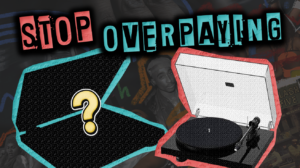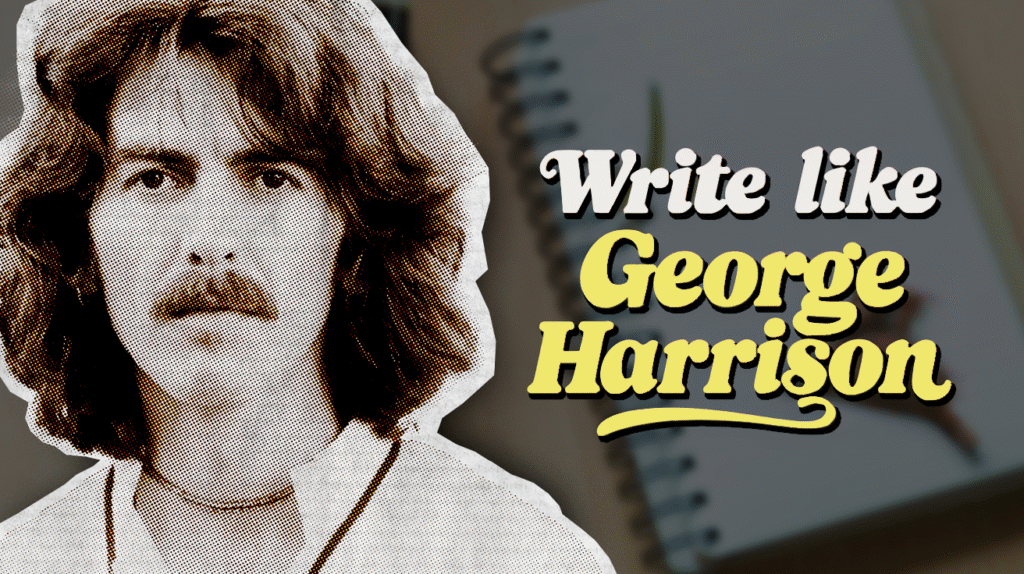
Look, here’s the deal with George Harrison. Everyone’s going on about Lennon and McCartney like they’re the songwriting messiahs while this guy’s standing in the corner with his guitar going, “Hey, I got ideas too!” It’s like being the middle child in the world’s most famous family. Harrison didn’t just magically transform from sideman to songwriting force – he had to claw his way through the Beatle hierarchy like a guy trying to order at a packed bar on Saturday night.
And you know what’s nuts? He actually pulled it off! While everyone was busy analyzing John and Paul’s every sneeze, Harrison built himself into a songwriting powerhouse through sheer stubbornness. It’s like watching the IT guy nobody talks to suddenly become CEO – except with better hair and actual talent.
9. From Liverpool Nobody to Guitar Somebody
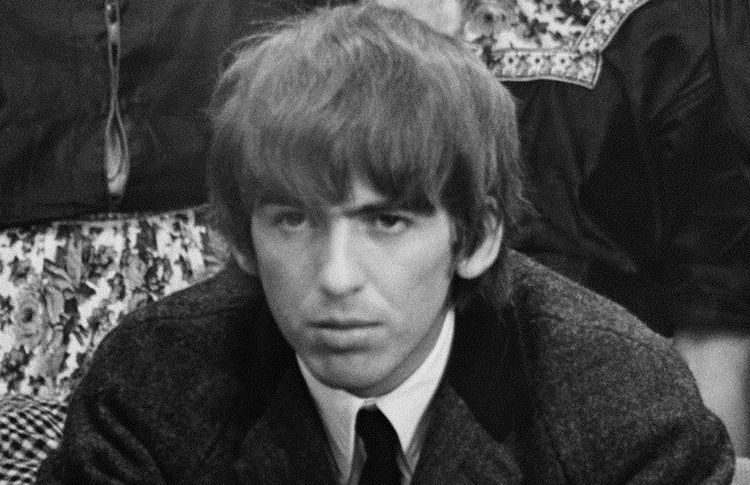
So this bus driver’s kid from Liverpool gets infected with the Elvis bug, right? Thirteen years old, probably can’t even talk to girls yet, and he’s fumbling around on a borrowed guitar. Not some fancy Gibson – we’re talking the musical equivalent of a hand-me-down bicycle with missing parts.
By 15, he’s somehow weaseled his way into The Quarrymen, later rebranded as The Beatles. Their early stuff? Even their own mothers probably called it “nice try, sweetie.” Then George Martin shows up like that one teacher who actually believes in you, and suddenly they’re recording at EMI. Meanwhile, Harrison’s taking mental notes like that friend who never pays for dinner but somehow remembers the recipe for everything they ate.
8. The Lennon-McCartney Fortress: Scaling the Unscalable Wall
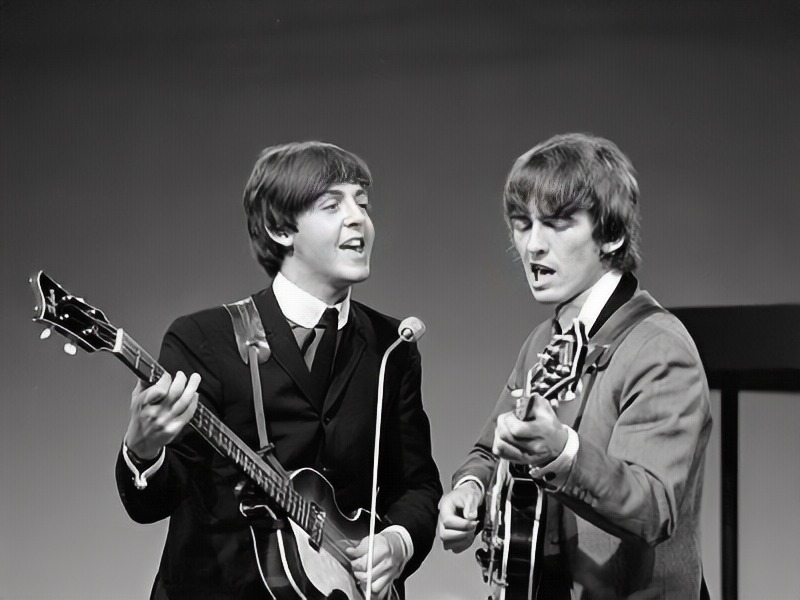
Ever been stuck at a dinner table where two people won’t shut up and everyone else is just scenery? Welcome to Harrison’s early Beatles experience. Two to three albums yearly, singles every quarter – it was the songwriting equivalent of CrossFit, except Harrison was only allowed to watch while John and Paul hogged all the equipment.
Instead of just accepting his role as “the quiet one” (which, let’s be honest, is just music industry code for “we don’t care what you think”), Harrison turned into a songwriting ninja. Watching, learning, probably muttering under his breath. It’s like when your older siblings won’t let you play their video games, so you end up memorizing every move until they go to the bathroom. Then BOOM – suddenly you’re better than they are, and they’re wondering how the hell that happened.
7. “Don’t Bother Me” – Or The First Time Harrison Bothered Everybody
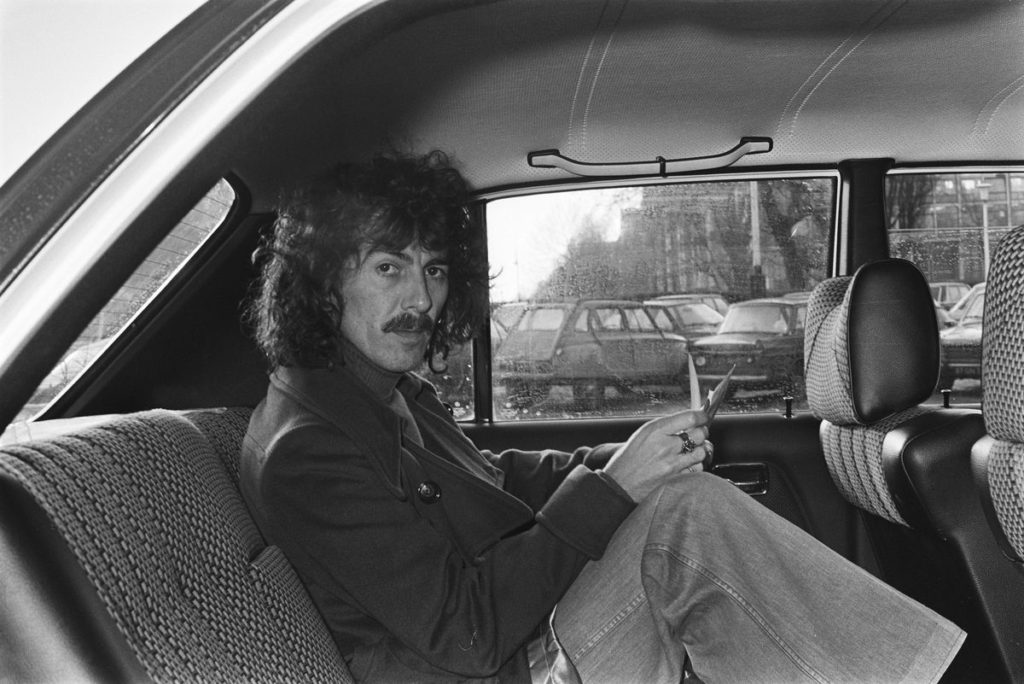
You know how your first attempt at anything is usually embarrassing enough to keep you awake at night twenty years later? Harrison wrote “Don’t Bother Me” while sick in a hotel room in Bournemouth – a fact he later confirmed in The Beatles Anthology. Probably surrounded by used tissues and room service trays, creating music between sneezes.
He didn’t even think it was good! But here’s the genius part – he didn’t wait until he had something “worthy” of Lennon-McCartney approval. He just threw it out there like, “Here’s a song. Deal with it.” That’s the songwriting equivalent of jumping into the deep end before you’re sure you can swim. Turns out, the water was fine, and Harrison discovered he wouldn’t drown after all.
6. The Secret Nobody Tells You: Talent Is Just Showing Up… A Lot
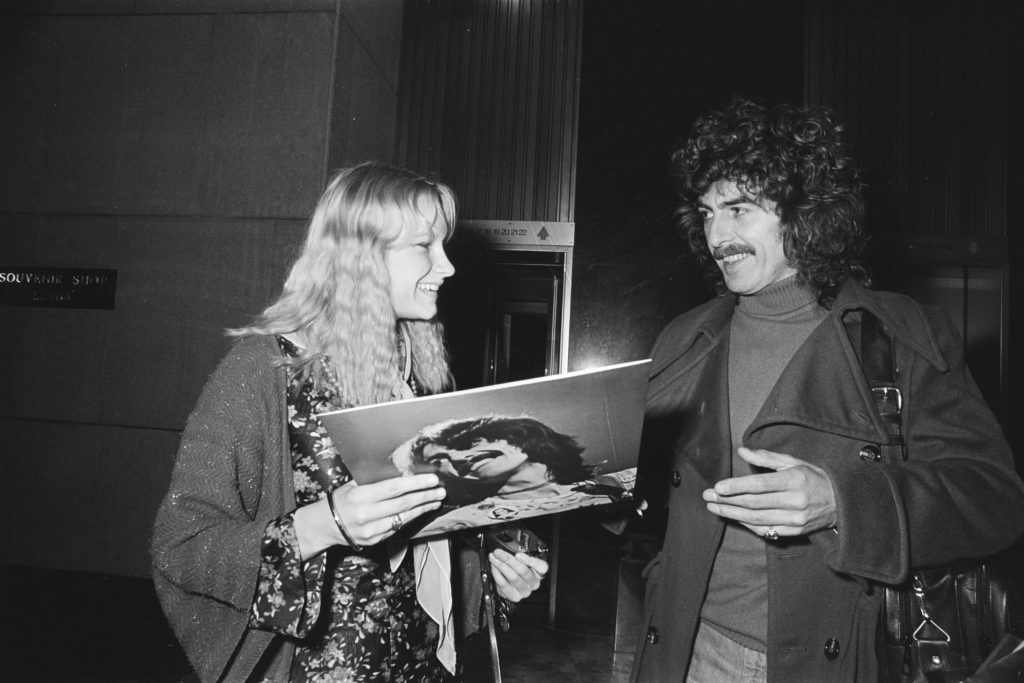
Here’s the scam the music industry doesn’t want you to know: nobody is born writing “Hey Jude.” Not even McCartney. Harrison figured out what most people never do – that gap between what you love and what you can create isn’t filled with magic pixie dust. It’s filled with hours of banging your head against a wall until the wall gives up before you do.
Every time Harrison picked up his guitar to work on chord progressions instead of watching whatever passed for Netflix in the ’60s, he was basically giving the middle finger to the myth of natural talent. It’s like watching someone get a killer body and pretending they found it under a tree instead of acknowledging the thousands of hours they spent not eating cake and lifting heavy things for no immediate reward.
5. The Craftsman’s Approach to Songwriting: One Note at a Time
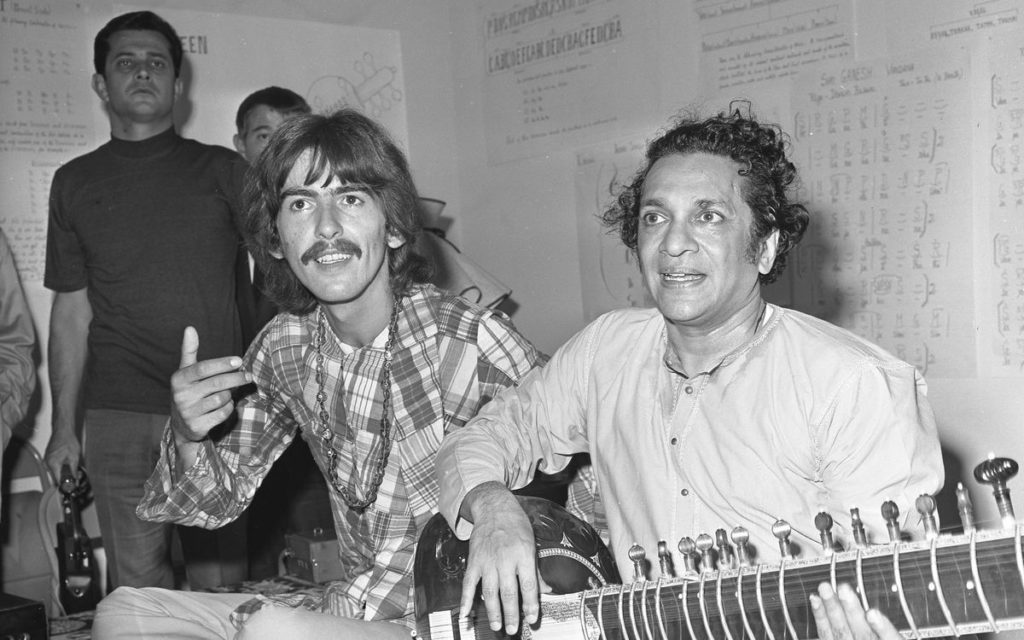
While some songwriters treat compositions like fast food – quick, forgettable, onto the next – Harrison turned into that guy who takes apart entire engines just to see how they work. His attention to detail wasn’t just thorough; it was meticulous. The kind of focus that makes people slowly back away at parties.
Harrison worked tirelessly on perfecting “Something,” crafting and refining until it became so magnificent that Frank Sinatra himself introduced it during performances as “one of the best love songs I believe to be written in the past fifty or a hundred years.” That’s like having Gordon Ramsay compliment your home cooking without using a single expletive. Coming from Mr. Ol’ Blue Eyes himself, that’s not just praise – that’s songwriting canonization.
4. Hits-to-Misses Ratio: The Math Nobody Wants to Admit
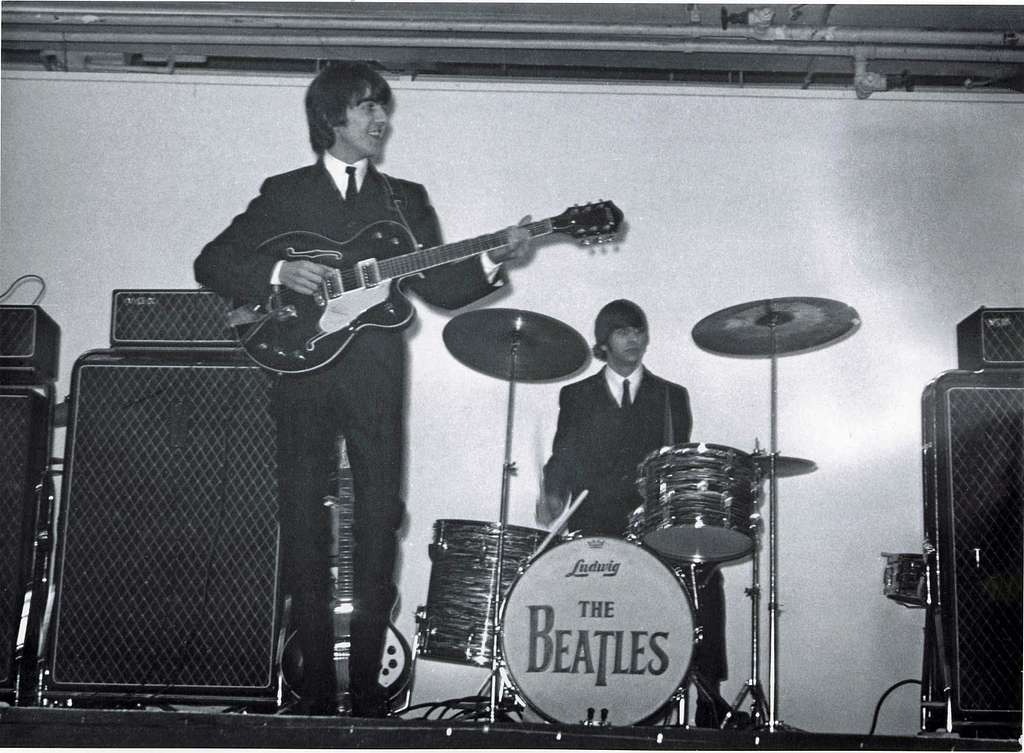
Here’s a fun fact that’ll ruin your songwriting dreams: Lennon and McCartney, those untouchable gods of pop music, had a hit rate that’s actually calculable. According to Guinness World Records, they achieved 20 No.1 singles in the U.S. That means a whole lot of their output didn’t reach the top spot. It’s like finding out your basketball hero misses way more shots than they make.
Harrison looked at this numbers game and basically said, “I’m taking my time.” Instead of throwing everything at the wall to see what stuck, he carefully placed each piece exactly where he wanted it. It’s the difference between machine-gunning a target and taking a sniper’s approach. Sure, you fire fewer rounds, but when you hit, you REALLY hit. “Something” and “Here Comes the Sun” aren’t just songs – they’re precision strikes that have outlasted many of their contemporaries.
3. The Inspiration-Sweat Balance: Less Magic, More Showing Up
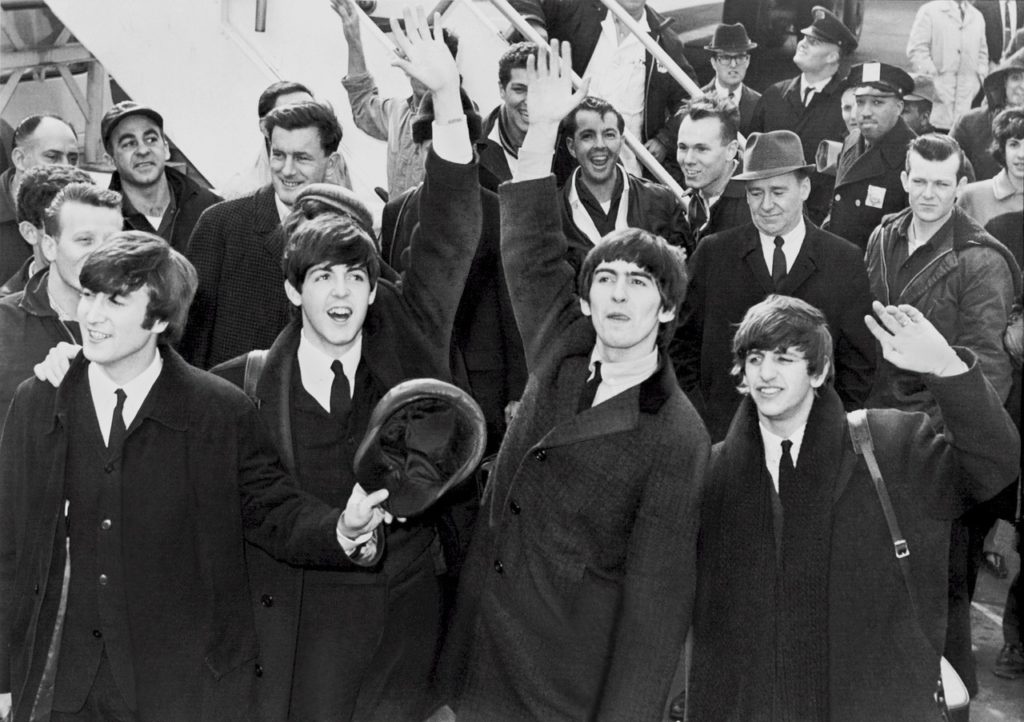
Everyone’s waiting for that movie moment where divine inspiration strikes while they’re gazing meaningfully through a rainy window. Harrison knew better. He kept notebooks by his bed and recorders in his pocket like a musical prepper stockpiling for the apocalypse.
But he also knew that capturing lightning in a bottle is useless if you don’t know how to build a lamp. His commitment to understanding the mechanics of music is what separated him from that guy at the party who insists he could write a hit song if he “just had the time.” Harrison made the time, did the work, and refused to believe the fairy tale that great songs just appear fully formed like musical immaculate conceptions.
2. The “Overnight Success” Lie That Needs to Die in a Fire
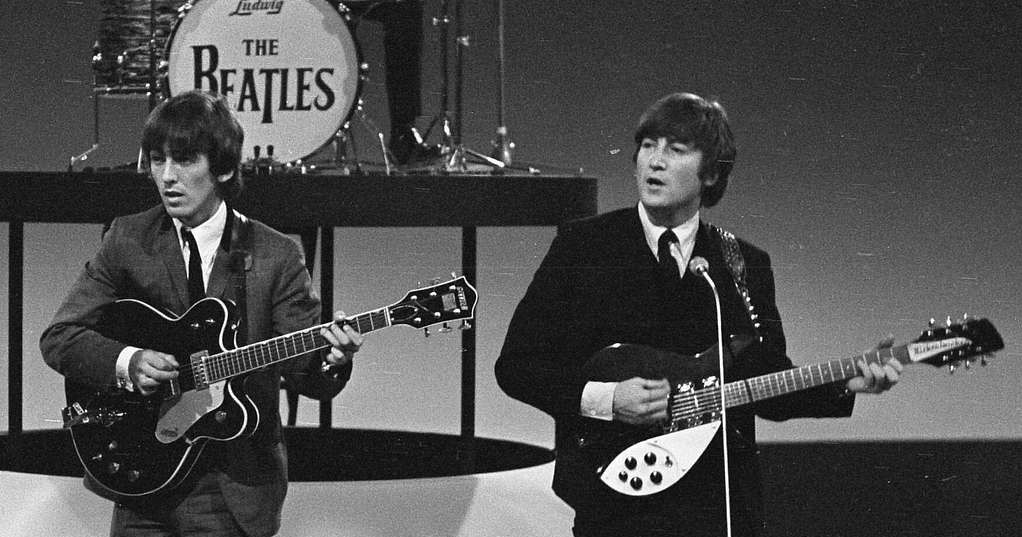
The music industry sells this fantasy of instant stardom like it’s handing out candy, and aspiring songwriters eat it up. It’s the equivalent of thinking you can win the Olympics by occasionally jogging when you feel like it. Harrison’s methodical rise exposes this comforting nonsense for what it is – a marketing ploy designed to sell “How to Write a Hit Song in 30 Days” books.
McCartney might have dreamed the melody for “Yesterday,” but he spent months refining it – a detail conveniently dropped from the legend. It’s like watching the last two minutes of a basketball game and thinking that’s all there was to it. Harrison knew better, quietly putting in his 10,000 hours while everyone else was hoping to win the creativity lottery.
1. Why Harrison’s Legacy Matters More Than Ever
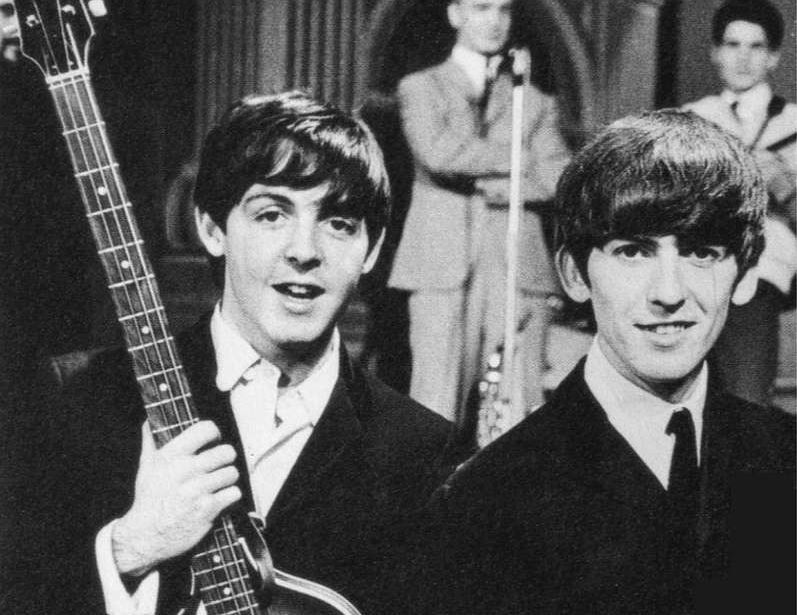
In an era of TikTok-fueled instant fame and talent show shortcuts, Harrison’s journey from overlooked guitarist to songwriting force is more relevant than ever. Standing in the shadow of perhaps the most famous songwriting duo in history, he didn’t whine or quit – he just got better until they couldn’t ignore him anymore.
When Harrison’s “My Sweet Lord” reached No.1 in both the UK and US in 1971, it became the first chart-topper by an ex-Beatle. That wasn’t just a personal victory – it was vindication of his approach to songwriting. Patient excellence isn’t just refreshing – it’s revolutionary. In a world obsessed with overnight success, Harrison’s legacy reminds us that the path to greatness isn’t a sprint but a deliberate, purposeful marathon. And let’s be honest, his music absolutely slaps.




